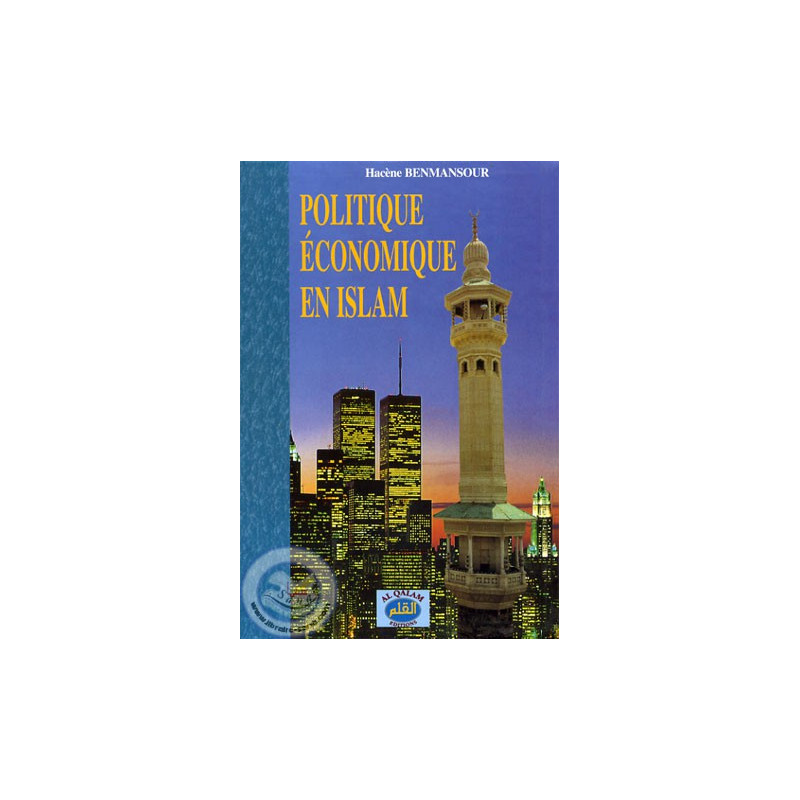

Promotions SANA: Jusqu’à -20%, Cliquez ici
Promotions SANA: Jusqu’à -20%, Cliquez ici
Title: Economic Policy in Islam
Author: Hacène Benmansour
Publisher: ALQALAM
Medium: Book
Theme: Civilization of Islam
Description: The development and prosperity of a state is dependent on the economic structure put in place to manage it. Currently, two economic systems dominate the world: the capitalist system which advocates a market economy; he appears liberal but only gives importance to money. As for the communist system, the latest world events have shown that it has failed to bring its ideas to fruition and this has resulted in the general impoverishment of many states. In order to tend towards a more humanitarian economic system, the author of this book then suggests the possibility of other economic solutions by drawing inspiration from the precepts of Islam and addresses essential points in economics: -The legal bases of Islamic economy. - Private property. - The state and the economy. - Finances. - Zakat and its social effect. - Banks and insurance according to Islamic concepts.
No customer reviews for the moment.